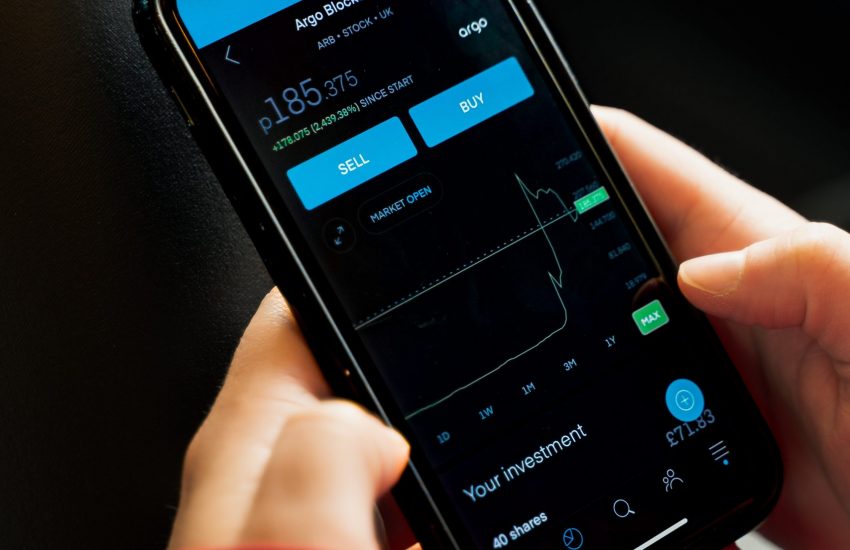12 reasons to use ETFs for trading or investing
ETFs, or exchange-traded funds, are among the most popular options for investors to turn to these days. ETFs have become increasingly popular due to their versatility and low fee structure. If you’re wondering why you should choose ETFs over mutual funds, here are ten reasons to think about.
Trading is easy with ETFs
ETFs are listed on stock exchanges, which means that you can place buy or sell orders whenever the market is open – this is very different from mutual funds, which only price once per day after the market closes.
Own a basket of securities at a lower cost than buying them individually
Because ETFs are bundles of securities combined into one tradeable instrument, they can offer substantial savings over buying those same securities separately. If you wanted to, for example, buy $10,000 worth of the S&P 500, it would cost around $100 in trading fees at a typical online broker – but if you purchased the ETF SPY instead, those $100 go towards the balance of owning one share which tracks the index.
Trade intraday
If you’re looking to trade ETFs and profit from short-term price fluctuations, that’s entirely possible as well: most brokers allow intraday trades for ETFs with no restrictions on settlement times
Access to commodities and currencies
ETFs are not just limited to stocks – they can include anything tradable. It includes commodities like gold and silver and currencies and securities derived from them, like the gold miner ETFs that invest in companies who own mines.
Transparency of holdings
ETF issuers are legally obligated to disclose their portfolios regularly. Mutual funds have no such requirement – this means that you can see what’s making up your ETF at any given time, helping you avoid unpleasant surprises
Diversification is easier with ETFs
ETFs allow much more efficient diversification than mutual funds, which only offer one way to build a portfolio. If you wanted to create a “basket” or group of stocks by buying an index fund, it would be costly due to trading commissions – but with ETFs, it becomes much more realistic to easily own a diversified group of securities without having to spend much money.
Lower expense ratios
ETFs have average expense ratios around 0.2% – compared to close to 1% for mutual funds, this is typically an easy way to save money over time. Of course, ETFs are not always the cheapest option, so it’s important to compare fees before investing
ETFs can be shorted
ETFs are regularly traded, meaning that you’re able to “short” them in addition to going long when opening a position. Shorting involves borrowing shares from another investor and selling them to expect they will fall in price, then buying back at a lower rate later on.
Trade commission-free ETFs
Any online stock broker app popular among millennials, offers commission-free trading for many ETFs – meaning that your costs to purchase ETFs are much lower than almost any other broker. If you’re looking for ways to save money on fees while investing in ETFs.
You can invest in real estate using them
There’s another reason to consider allying with ETFs: you can even invest in real estate through them. Real estate investment trusts (REITs), which represent ownership in different types of real estate, are often bundled into ETFs – this lets you quickly diversify your portfolio beyond just stocks or bonds.
They are easy to manage
ETFs are easy to manage because they automatically rebalance your portfolio according to preset rules. It’s a great way to save money while keeping on top of your investments for novice investors who don’t have the time or inclination to monitor their funds.
They can be used as an S&aP 500 alternative for active traders
Here’s one final benefit of ETFs, thanks to specialized ETFs that allow you to buy tiny positions in each stock within the index, it’s possible for you to essentially build up your custom bundle of securities at a fraction of the cost of buying the entire market.



